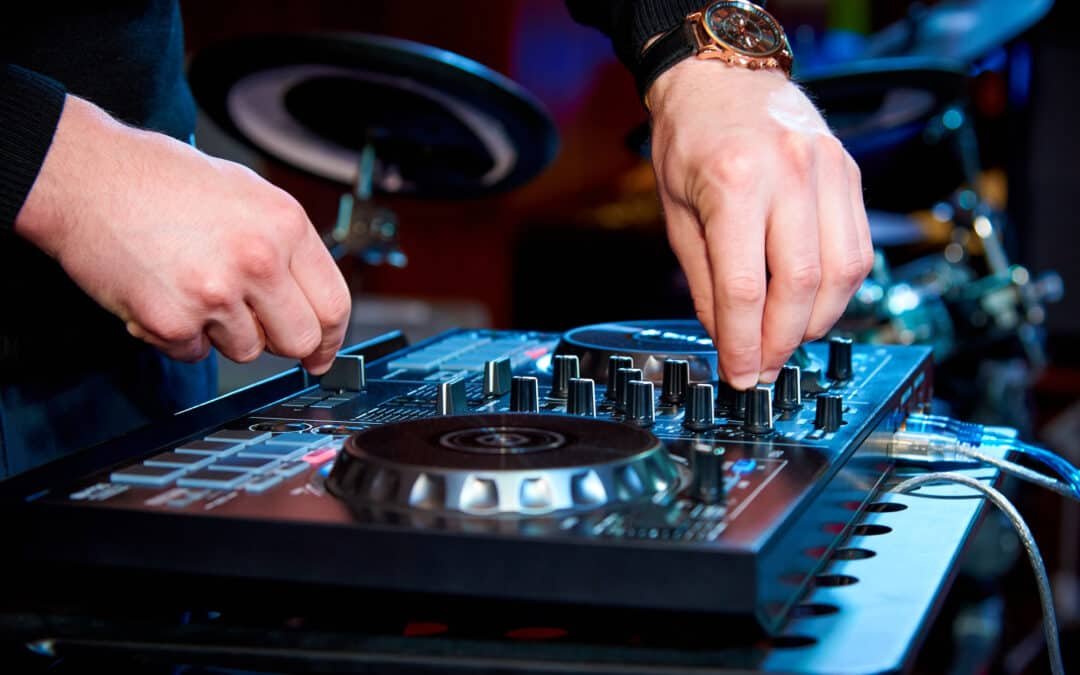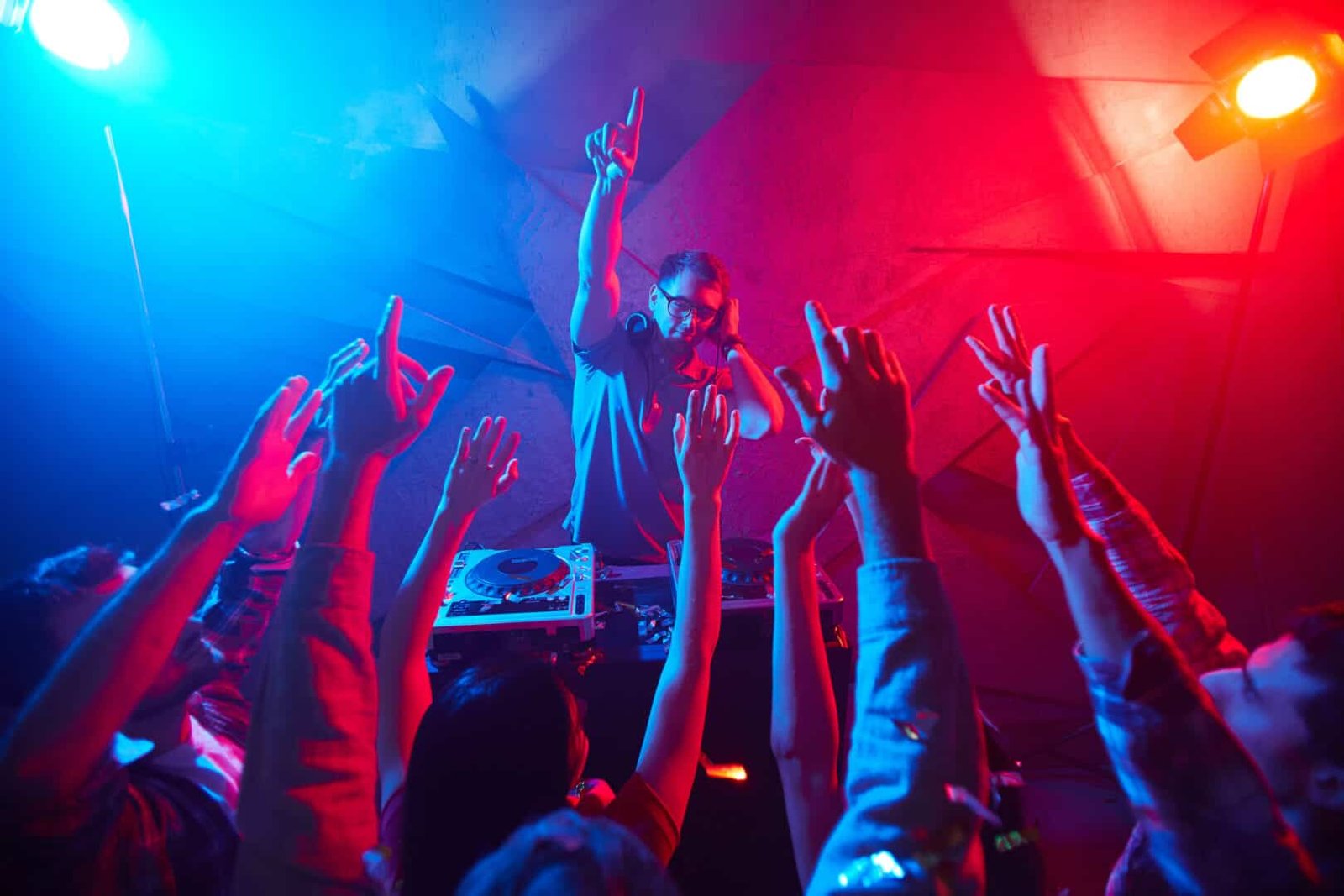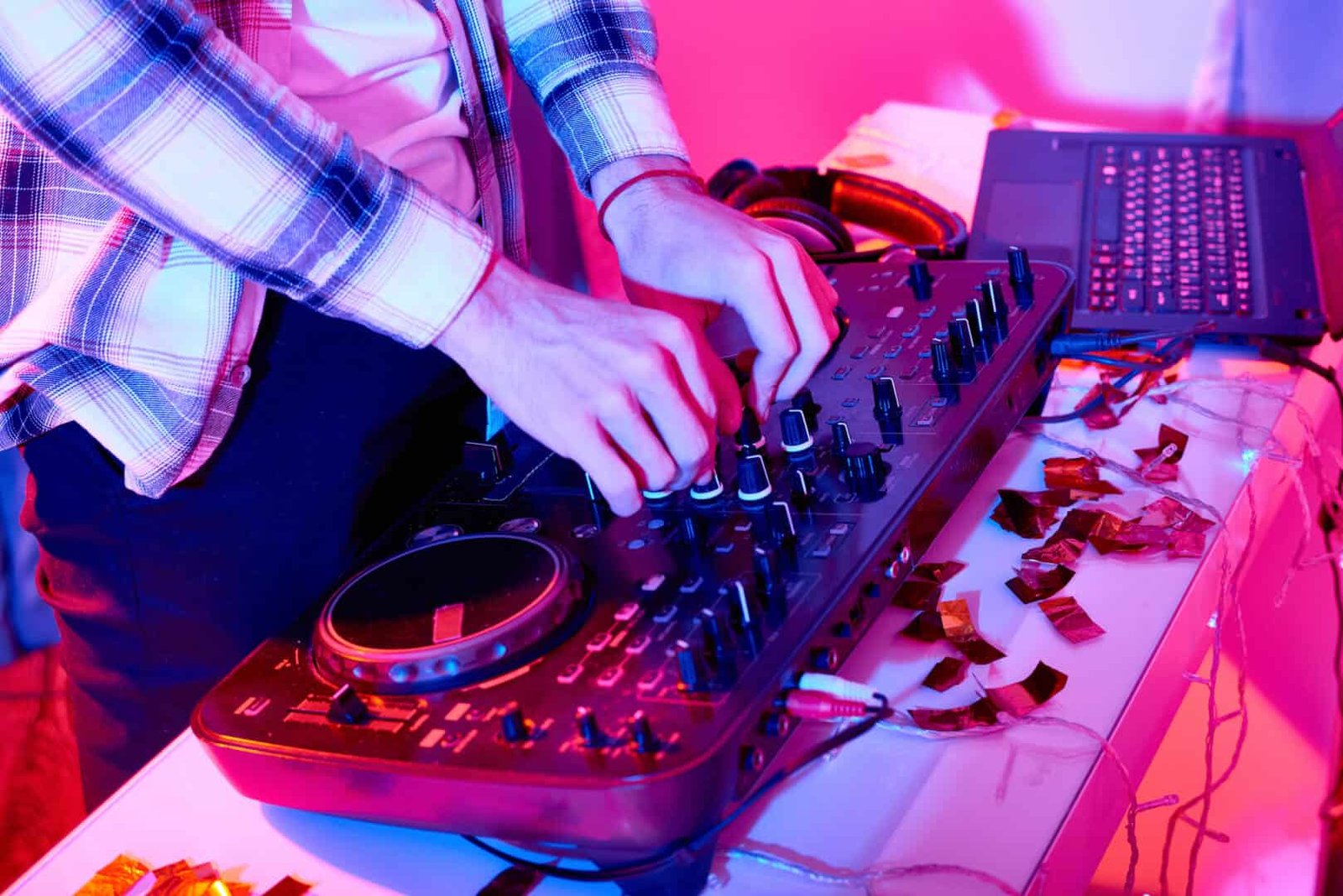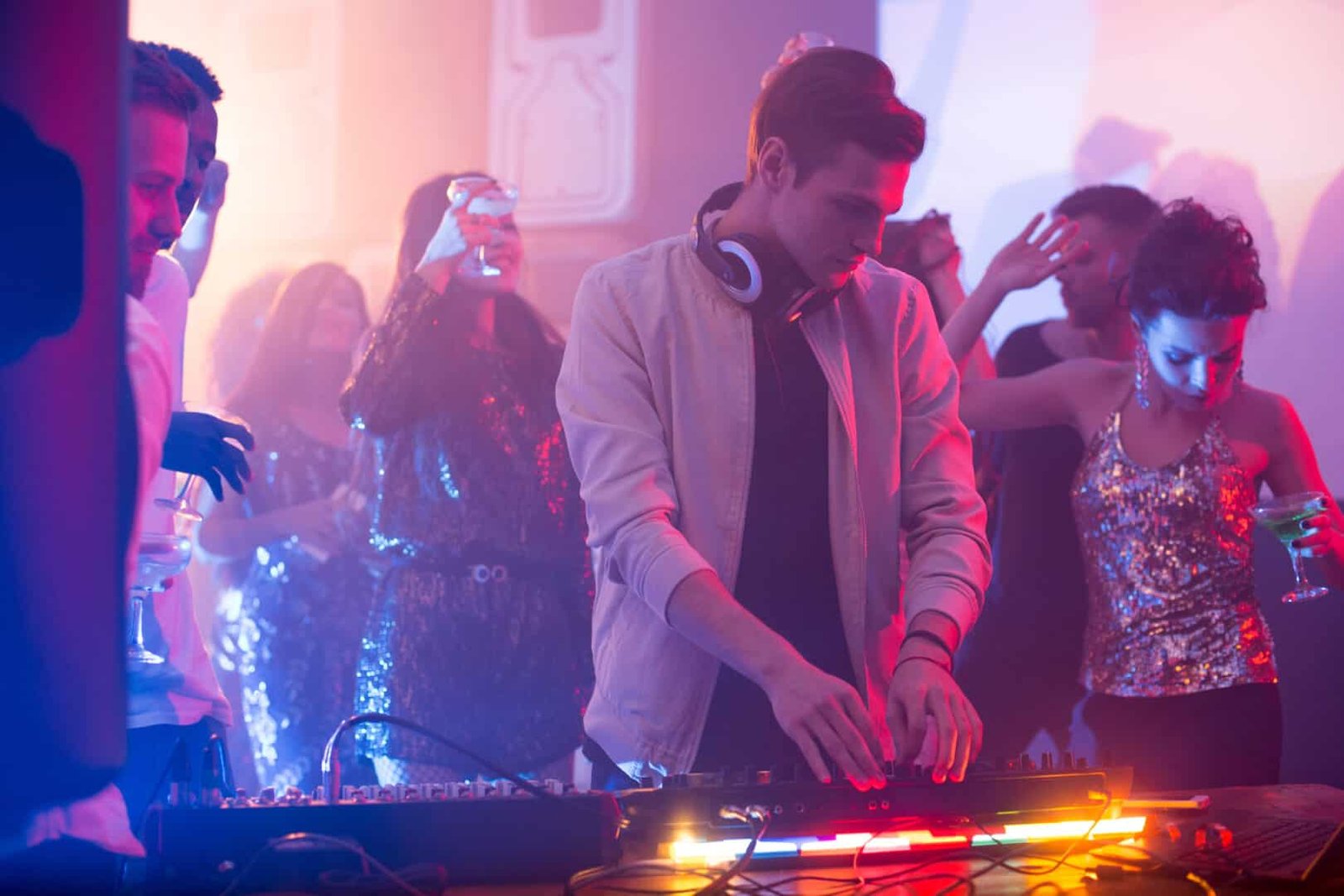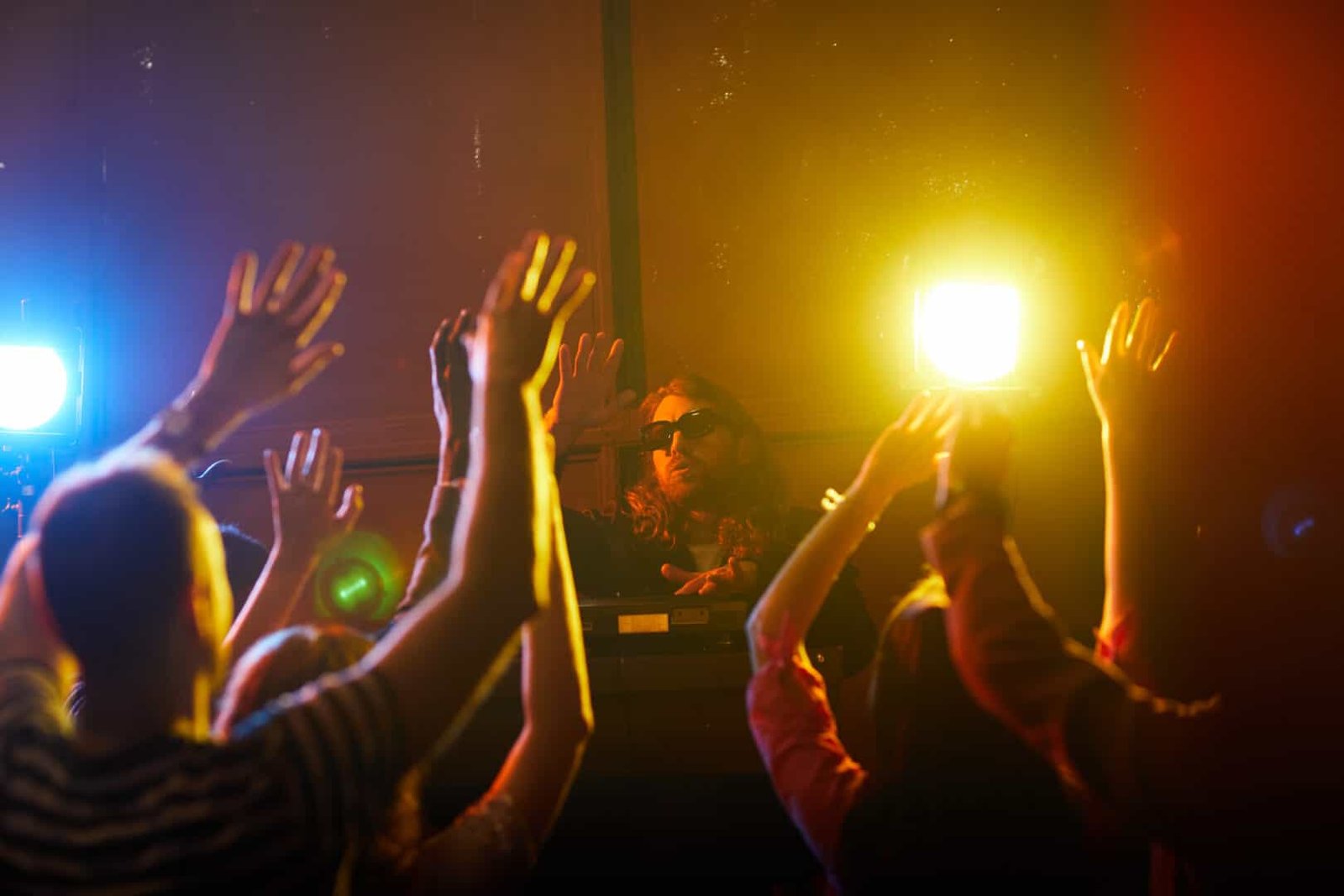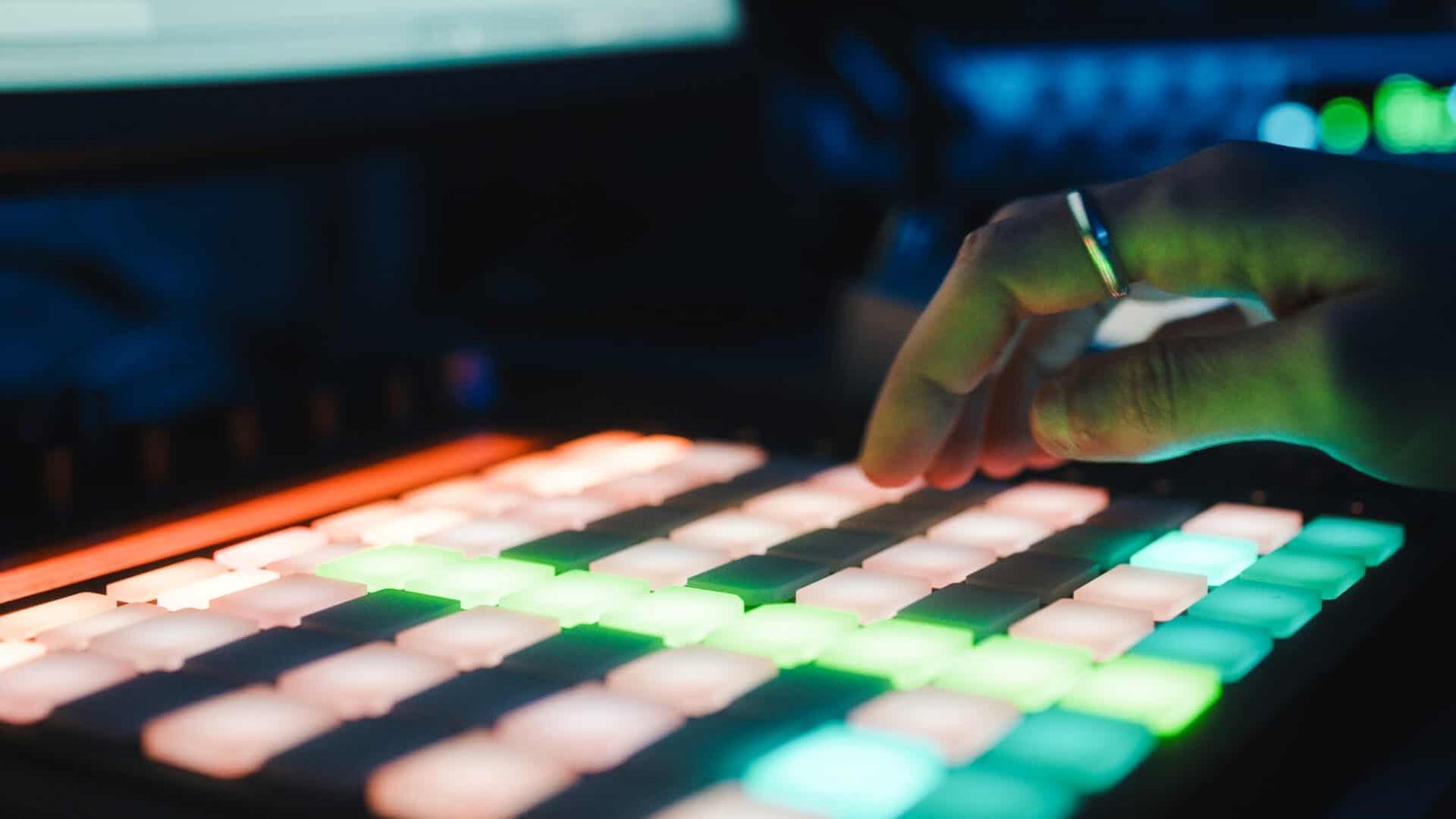7 Things That Make A Good DJ
As with any creative field, there are no rules for becoming a good DJ. Everyone has their own unique style and ways of approaching music, as well as different tastes that come through in the art they create. However, being a good DJ requires more than technical prowess with your chosen medium –– it also requires you to strike the right balance between several key traits. We’ll take you through ten characteristics of a good DJ, so you can learn from other people’s experiences and become an even better one yourself. Read on for insight into what makes a good DJ and how to improve your skills.
Outline:
I. Good DJs Are Passionate About Music
II. Good DJs Are Highly Skilled In Their Art
III. Good DJs Are Excellent Timing And Rhythm Experts
VI. Good DJs Know How To Read A Room
V. Good DJs Know How To Read Their Crowd
VI. Good DJs Can Find The Right Track At The Right Time
VII. Good DJs Have Solid Technical Skills
VIII. Conclusion
I. Good DJs Are Passionate About Music
We have a passion at the top of the list of things that make a good DJ. A DJ who loves their music will have a greater chance of becoming a good DJ than someone who is just in it for the money. Passion is the motivational fuel that keeps you going through dark times, difficult audiences, and other bad experiences with the job. If you’re not passionate about the music you’re playing, you’re missing out on key ingredients to success in your career. You won’t find the right tone for each moment, and you won’t be able to engage with your audience very well. Passion for your tracks is the key that unlocks your potential as a DJ.
II. Good DJs Are Highly Skilled In Their Art
Good DJs are talented and experienced in mixing and playing music. The best DJs started playing music at younger ages and spent many years honing their skills, learning from their mistakes and the successes of others. If you’re starting out as a DJ in your later years, it’s never too late to become a good DJ. It just takes practice, patience, and the right attitude toward learning. You’ll have a leg up on the competition if you already have a creative background in music – even if it’s not behind the decks. If you have experience in bands or other creative projects, you’ll be able to apply that knowledge to the DJ booth and use your skills to become a good DJ. Just like with any career choice, it takes practice and patience.
III. Good DJs Are Excellent Timing And Rhythm Experts
A good DJ works with the music and flows from one track to the next. It’s a skill that goes beyond technical proficiency –– it’s an art that requires a real understanding of rhythm and timing. If you’re a musician, you’re likely to have a leg up in this area thanks to your experience with playing. If you don’t have music experience, it doesn’t mean you can’t become an excellent DJ. To become an expert in rhythm, you can practice with a metronome to get a better sense of timing or listen to music with a great beat and rhythm. You can also study the rhythms of your favorite songs to understand what makes them tick. Timing and Rhythm are super important traits for every DJ to have.
VI. Good DJs Know How To Read A Room
In addition to being a good DJ, you must also be a good host. There will always be people at your gigs who aren’t there to hear your music, and you need to find ways to make them feel welcome so they have a good time, too. To read a room and figure out how to best approach your audience, you can look at the people around you, consider their personalities and how they might react to your music, and devise a plan based on your observations. Like all aspects of being a good DJ, it doesn’t happen overnight. You’ll need to hone this skill with lots of practice, experience, and careful observation. Over time you will notice what works and what doesn’t work.
V. Good DJs Know How To Read Their Crowd
On the flip side of reading your audience, you also need to be able to read the crowd –– you can’t play the same set for every party you attend. A DJ who knows how to read their crowd will be able to adapt the music they play to the people in the room and respond to their moods. You’ll need to pay close attention to what’s happening in your audience to do this. You can do this during the quieter moments of your set or watch the crowd as you set up before you start playing. Not only can reading your crowd help you decide what to play next, but it can also help you decide when to end your set. Understanding all music types is one key to learning which songs will be best to play at a certain time during the event.
VI. Good DJs Can Find The Right Track At The Right Time
Part of reading the room and finding the right track at the right time is selecting the right track to begin with. You don’t have to play the most popular track, but you must be playing the right track for the mood, energy level, and people in the room. To do this, you need a broad knowledge of different types of music, genres, and individual tracks –– but you also need to be able to apply that knowledge at the moment. You need to be able to look at the crowd, assess their mood and energy level, and then find the right tracks to play based on those observations. Finding the right track at the right time will allow you to adapt to your crowd and make a memorable experience for those in attendance.
VII. Good DJs Have Solid Technical Skills
While good DJs need to be excellent in their art, they must also be technically proficient. You can’t be expected to mix two tracks together if you don’t know how to use the equipment you need to do the job. And, like any skill, technical proficiency can be learned. If you’re just starting out and don’t have much experience, it’s best to start small with easy tracks. As you become more comfortable with your equipment, you can start taking on more challenging tracks and putting them together in interesting ways. You can also improve technical proficiency by attending workshops, seminars, and other events where you can learn new skills from experts. You will never be able to buy Technical Skills; it’s always learned over time. With those skills, you will build your style around those abilities.
VIII. Conclusion
Being a good DJ is more than just playing music. It requires reading your audience and the room, finding the right track at the right time, and mixing and blending tracks together to create the perfect atmosphere for your audience. If you’re serious about becoming a good DJ, you must start honing your skills now. Dive into your music library, look for tracks that work well together, and start experimenting with putting them together. And, most importantly, practice, practice, practice. The more you play around with different track combinations, the more comfortable you’ll become with the art of DJing, and the better you’ll get.

